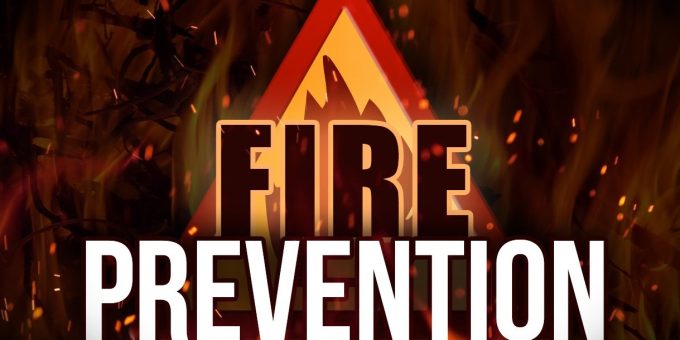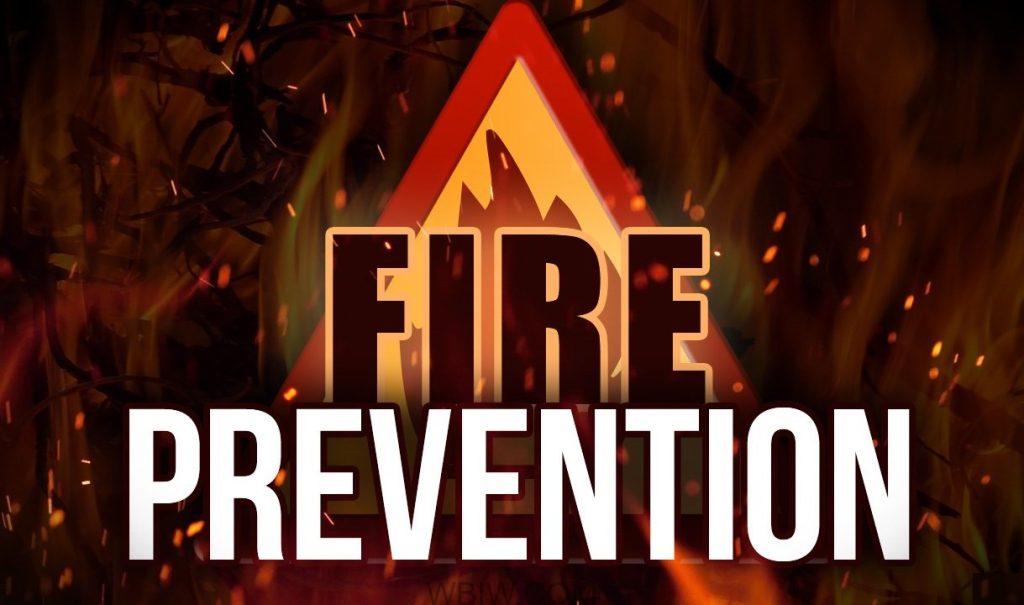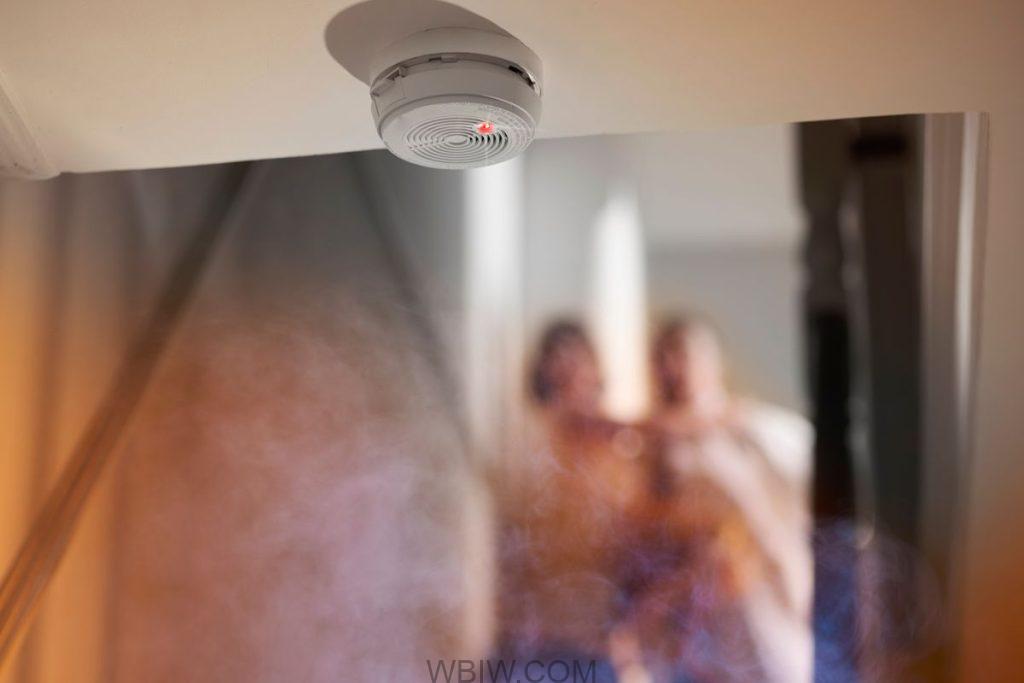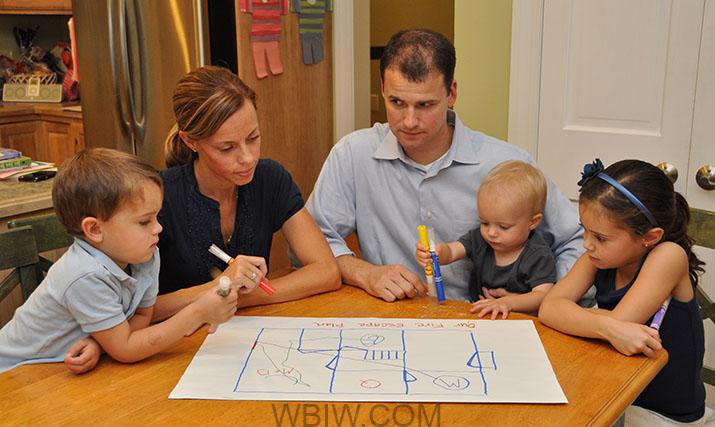
National Fire Prevention Week 2022 runs from October 9 through 15, and the Indiana Department of Homeland Security is partnering with the National Fire Protection Association to encourage Hoosiers to plan ahead so every family member knows what to do in the event of a house fire.

Celebrating 100 years of fire safety, this year’s Fire Prevention Week theme is “Fire Won’t Wait. Plan Your Escape.” Know what you will do when there is a fire, practice your way out of your house or workplace, and make sure your family members and coworkers do the same.
Throughout the week, IDHS will share fire safety tips on social media. Follow IDHS and use the hashtags #FPW22 and #PlanYourEscape to help others get prepared for fires.

Plan Your Escape
Get Alarmed
Install Smoke Alarms Now
- If you do not have working smoke alarms in your home, you may never get a chance to escape because you will not know about the fire until it is too late! Buy and install smoke alarms throughout your home.
Test Smoke Alarms Monthly
- Make sure your smoke alarms work by testing them the first day of every month.

Create the Escape
Identify Two Ways Out
- Go to every room of your home and make sure you have two ways to escape the room in case a fire is blocking one of the exits.
- If objects, such as furniture, are preventing a quick escape, rearrange the room.
- For rooms on an upper level, you may need to buy escape ladders.
Write Down the Escape Plan
- Use an escape grid or a sheet of graph paper to draw a map of the home, including all doors and windows, and how everyone in the household can escape every room.
- Discuss who will help children, older adults, or people with disabilities if there is a fire. They may need help to wake up or escape.
- Decide on a place away from the home where everyone should meet after escaping.

Practice Escaping Day and Night
- At least twice a year, go to each room of the home and practice what you would do when the smoke alarm alerts you of a fire. Do the drill during the daytime and at night so you know what you may need to do differently at different times of the day.
- Get low and go! Practice getting low or crawling in case there is smoke. Smoke and hot air rise, so staying low to the floor may help you breathe and see better as you escape.
- Close doors behind you. This may help slow the spread of a fire.
- Do not spend time-saving personal property or go back inside after escaping. Your life is more important than your possessions, and rescues are best left for firefighters to handle.



